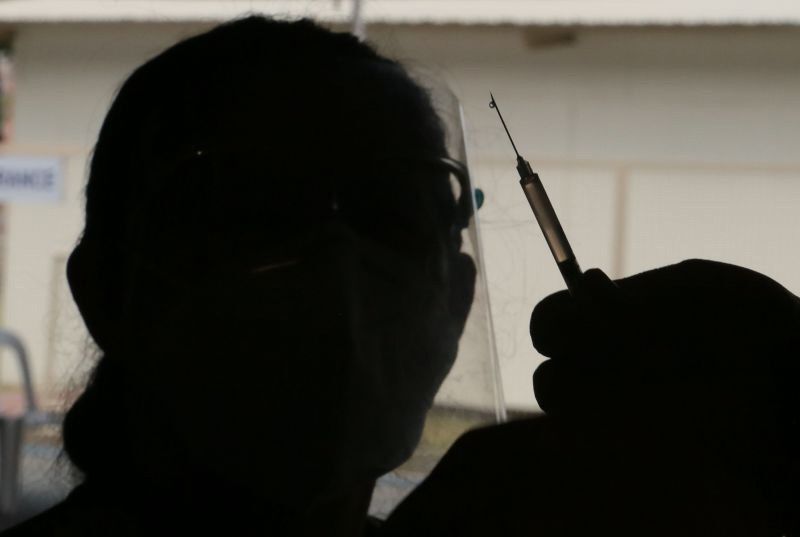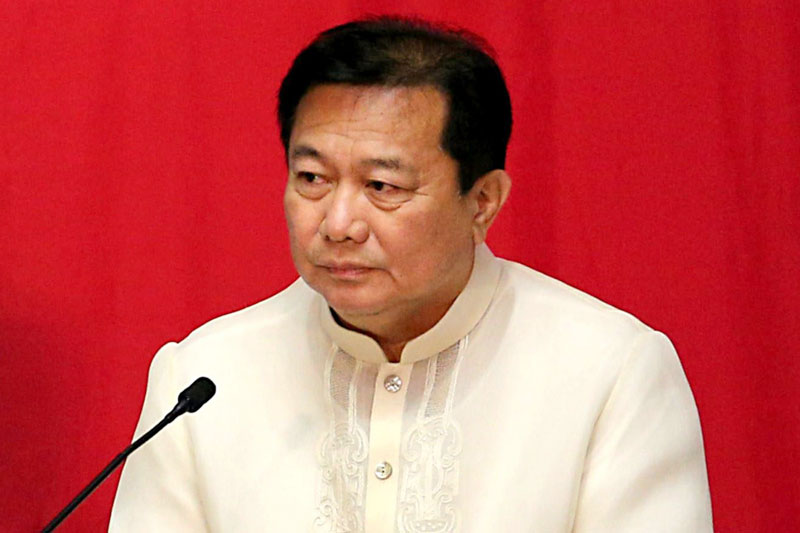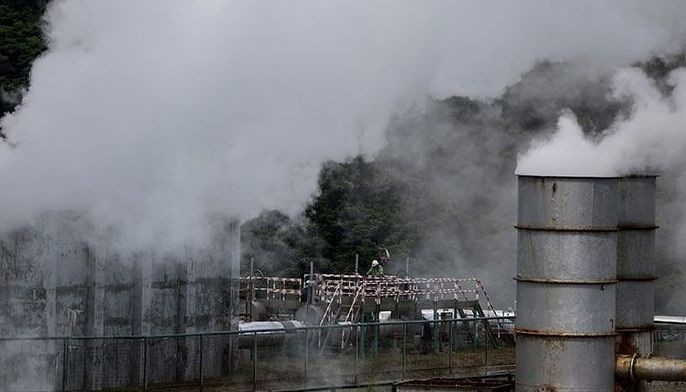Third vaccine dose still not recommended – expert

MANILA, Philippines — Despite the detection of Delta and other variants of concern in the country, a vaccine expert has advised against getting a third dose of the anti-COVID vaccine, at least for now.
In an interview on Monday night with “The Chiefs” on One News, adult infectious diseases specialist and Vaccine Expert Panel member Dr. Rontgene Solante said all the variants of concern of COVID-19 have not “significantly” affected the effectiveness of the first generation of vaccines.
Until proven that the variants of concern have significantly diminished the efficacy of the vaccine, Solante said, the first generation of vaccine should be used to protect the people.
“As of now it’s not yet significant, the impact of the variants of concern. The goal is still for us to vaccinate as many people as possible… and let the data come in,” Solante said in a mix of Filipino and English.
Solante said there were reports of “breakthrough infections” in other countries, but it has not been proven it was caused by a variant of concern.
Other countries, he said, are already undertaking clinical trials to determine whether there is the need for a booster or reformulation of the first generation of vaccines.
“Everyone is now really looking for reformulating some of these vaccines just to make sure that they are also stable against these variants of concern,“ he said.
Solante urged Filipinos to wait until countries that were among the first to roll out COVID-19 immunization can assess and determine whether there is the need for a booster – or for reformulation – of the currently available vaccines.
While waiting for results from other countries, Solante said, those who have yet to receive any jab should be prioritized in the vaccination program.
“With vaccination, there is no overdose. What’s important here is the current rate of vaccine availability. Like, if you like to get a third dose, but your neighbor hasn’t even had their first dose, I mean, for your conscience’s sake… that’s my point. Let everyone get the two doses so that everyone is equal,” Solante pointed out.
“Let’s see after the two doses what the experts recommend, (if) we need the third dose or whatever as boosters, then we’ll wait for that recommendation,” he added.
Although there is no such thing as vaccine overdose, Solante said experts do not recommend getting vaccines from different platforms.
“There are countries already doing the mix and match, but again the data is very raw, we have to wait also for that,” Solante explained.
There is still no community transmission of the Delta variant in the country, but Solante warned that it could cause a surge of cases and congest hospitals in the country.
Solante said there is no evidence that the Delta variant is deadlier. However, the surge in cases can result to more fatalities, particularly among the vulnerable such as the elderly and those with comorbidities.
To prevent transmission of the Delta variant, Solante stressed the need to strictly implement border control measures as well as quarantine protocols.
At this time, Solante said, samples are being taken from areas with an unusual surge in cases and mortalities to check for the presence of variants of concern.
Genomic surveillance, he said, must be expanded to accommodate more samples and determine how widespread the variants of concern are in the country.
He pressed for the government to fast-track the immunization program. “While we are monitoring the variants, we will also look at how many are given the vaccines because that will weigh if the variants of concern are rising, then lowering. Or if vaccination is slow, we might have a problem with that,” he said.
At the San Lazaro Hospital, Solante said, admission of critical and severe COVID-19 cases has been declining over the past weeks.
Meanwhile, the Department of Health (DOH) yesterday reported zero cases of “breakthrough infection” in the country.
Health Undersecretary Myrna Cabotaje said DOH has not received any report of a fully vaccinated individual getting infected with COVID-19.
“For now, there are no reports of COVID infection after a second dose. If ever there is, we will learn and investigate this,” Cabotaje said during the Laging Handa public briefing.
What the DOH has documented so far, Cabotaje said, are individuals getting exposed, placed under quarantine or having mild COVID-19 symptoms after receiving the first dose of vaccine.
As of Monday, Cabotaje said, over 8.5 million individuals nationwide have been vaccinated. Of the number, 6.4 million received the first dose while 2.1 million are now fully vaccinated.
Cabotaje said the highest daily number of vaccination is about 200,000. She expects to reach the targeted 500,000 daily with the arrival of more vaccines in the coming weeks.
- Latest
- Trending





























